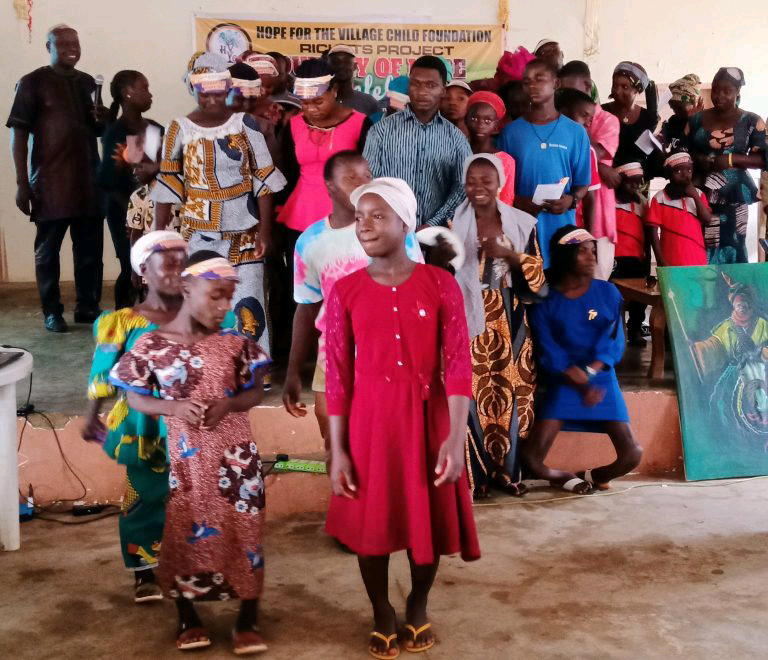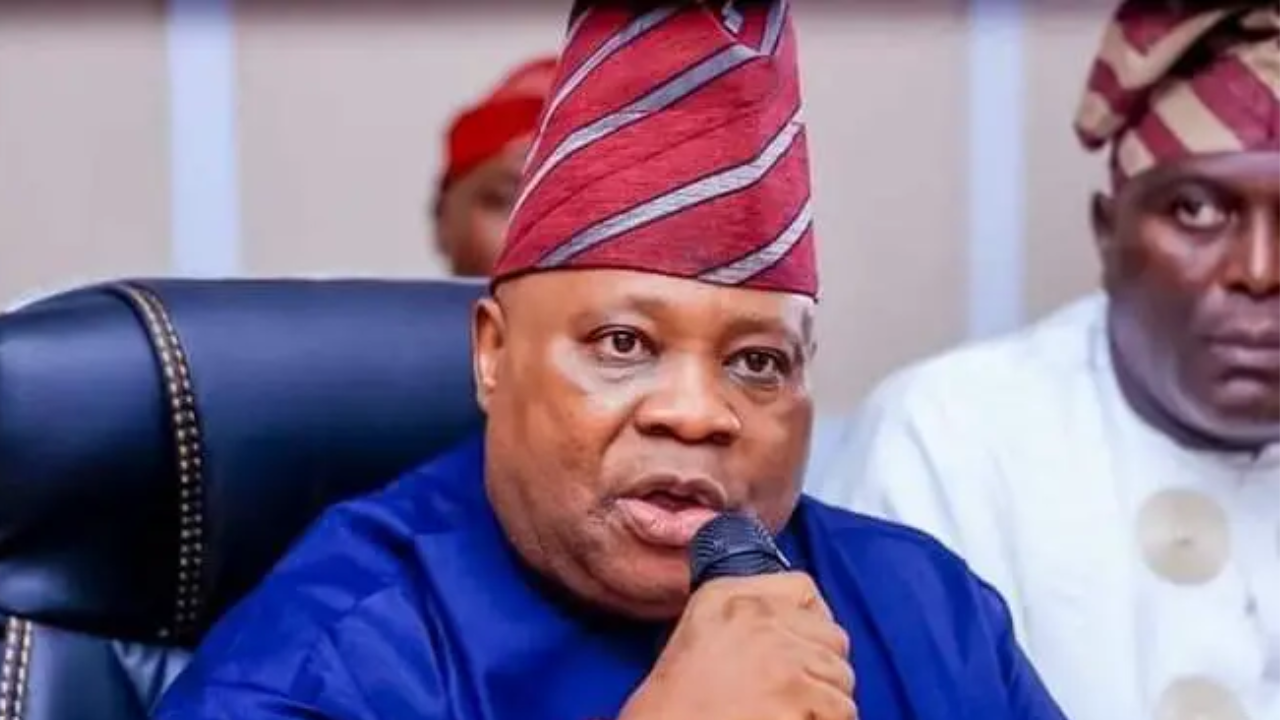By Philip Yatai
The Hope for the Village Child Foundation (HVCF) said it enroled more than 2,000 children for rickets treatment in Kaduna State.
Foundation Director Rita Schwarzenberger stated this at a Town Hall meeting tagged, “Rickets Project: The Journey of Hope” in Kwoi, Jaba Local Government Area of Kaduna State.
Schwarzenberger, who was represented by the Deputy Director, Rev. Juliana Ekwoanya, described rickets as a disease of the newborns caused by calcium deficiency.
She explained that the condition leads to bow leg and other forms of deformity of the legs in children, leaving them in pains and difficulty to walk like normal children.
She said of the 2,000 enrolees, about 200 underwent rickets surgery to correct the deformity, with some of them going through the process two or more times, depending on the nature of the deformity.
She also said about 300 of the children had been treated with 1000mg of calcium taken daily for three years.
She added that about 110 children were currently on the drugs at N3,700 per child per month, amounting to N407,000 per month, while parents were asked to contribute as little as N400 per month.
She said that other children with complicated rickets were being prepared for surgery, stressing that the cost had increased from N400,000 to N1.1 million, while parents paid just N21,000 of the cost.
She explained that the Rickets Project began in the 1990s when some children with severe leg deformity approached the founder of HVCF, Mrs Margaret Mama for help.
“With the help of medical personnel, Mama was able to identify the leg deformity as rickets, and with support from donors, she provided free treatment for the children.
“Following the success of the treatment, the number began to multiply and in 2003, HVCF secured support from the Medical Mission Institute, Wurzburg, Germany, which o provides medical advice and expertise.
“The foundation also secured financial support from MISEREOR, a German Catholic Bishops’ Organisation for Development Cooperation,” she said.
She said from 2005, HVCF facilitated a research by a team of doctors on the condition which revealed that the affected children lacked sufficient calcium, making their bones to bend easily.
This, she said, led to the decision to place the children on 1000mg of calcium, which was sufficient for some and surgery for others with multiple deformities after taking the required dose of calcium.
She appealed to relevant stakeholders for financial support to sustain the treatment, adding that the project had been expanded to four local government areas, namely Jaba, Kachia, Jema’a and Kagarko.
Some of the beneficiaries, while sharing their experiences, thanked HVCF for transforming their lives and giving them a chance to live a normal life.
One of them, Abigail Sama’ila, a teenager, said she could not go to school because of the condition and felt ashamed to go out and play with her peers.
“But my life has changed since Hope for the Village Child Foundation came to my rescue, and now I can walk like a normal child; I completed my secondary education and hope to be a lawyer,” she said.
Another beneficiary, Lami Tanko, said she could not go to school because of the deformity, adding that she began school at 15 years after the surgery and now a graduate of health technology.
“HVCF gave me a scholarship from senior secondary school one, up to tertiary institution. I cannot thank you enough for rescuing me from a life of pain and misery and adding quality to my life,” Tanko said.
Similarly, Mrs Monica Markus, the mother of 15-year-old Sunday Markus, said that the young lad had to use crutches until he got treated, adding that now he could walk and even go to farm.
Rev. Joseph Hayab, Chairman, Christian Association of Nigeria (CAN), commended HVCF for helping the less privileged and putting a smile on their faces.
Hayab, who was represented by Dr Philip Hayab, a researcher, urged relevant stakeholders to support the initiative by mobilising the needed resources to sustain the project.
Also, the traditional leader of Jaba Chiefdom, Mr Danladi Maude, Kpop Ham, said the Traditional Council would partner with parents and relevant stakeholders to ensure sustainability of the project in the area. (NAN)




